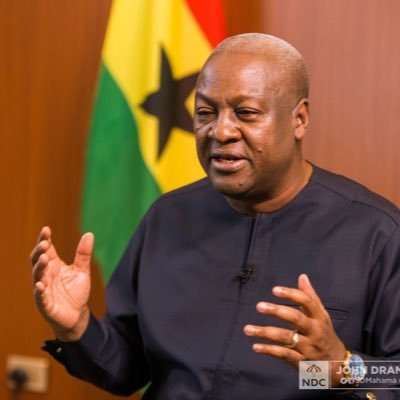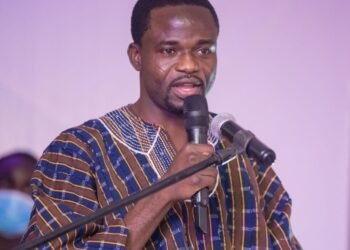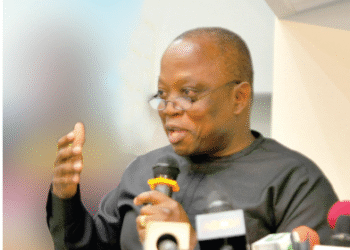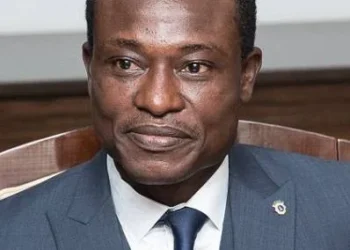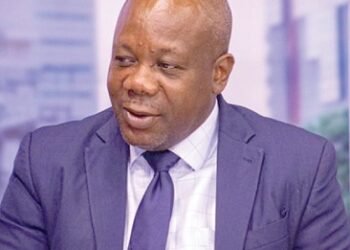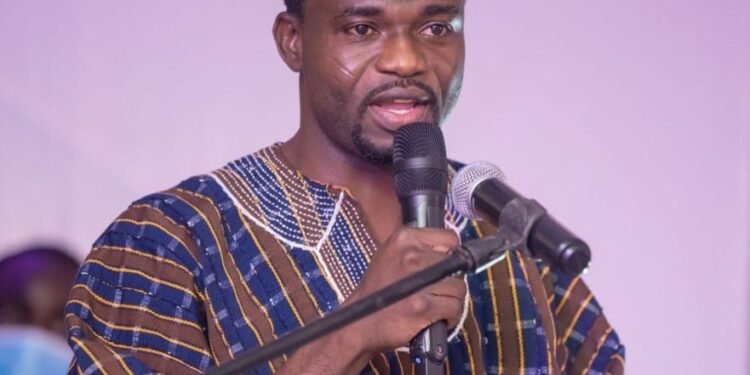A fresh legal controversy is unfolding in Ghana over the issue of presidency vacancy, following questions raised about whether President Mahama and other top officials violated the 1992 Constitution by failing to designate a successor before traveling out of the country.
Legal practitioner Richard Dela Sky, commenting on the constitutional implications of the situation, referred to a key ruling by Ghana’s Supreme Court that has reignited the debate over how executive power should be managed in such scenarios.
Sky cited the landmark case Asare v. Attorney-General, in which the Supreme Court clarified that the constitutional phrase “unable to perform the functions of the President” applies when neither the President nor the Vice President is physically present within Ghana’s jurisdiction.
According to Sky, this interpretation remains the definitive legal stance on the issue.
“As Professor Kludze JSC put it, the ‘basic assumption of Article 60(11) is the idea that the executive power of the presidency should never be in abeyance.’ To underscore this point, the Justices further stated: ‘…to have a situation where there is no person in Ghana to exercise the executive power of the presidency would be a prescription for chaos and anarchy, and could expose this nation to both internal and external instability.’”
Richard Dela Sky
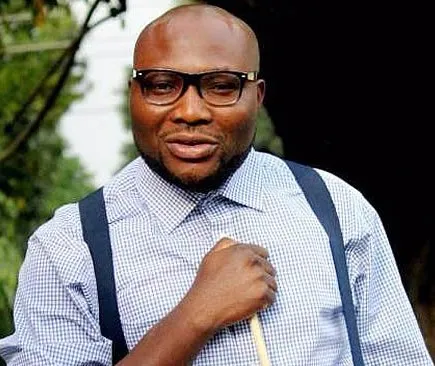
Sky affirmed that this view was not only established in Asare, but later reaffirmed in Attah-Mensah v. Attorney-General.
While withholding personal judgment on the soundness of the Court’s interpretation, Sky stressed that the legal position currently in force is crystal clear: no one is considered “in charge” of the country in the constitutional sense unless physically within its borders—or officially acting as President with proper authority.
Supreme Court Ruling And the Speaker of Parliament
A central issue that has emerged is the role of the Speaker of Parliament in such circumstances.
The Supreme Court ruled in Attah-Mensah that the Speaker cannot assume presidential duties without retaking the Oath of Office—even if they have done so on a previous occasion.
According to Sky, this requirement ensures that each temporary transfer of executive authority follows lawful protocol.

“The principle aforementioned explains why the Speaker of Parliament is required to take the Oath of Office as President in order to lawfully assume the role of caretaker Head of State when both the President and Vice President are absent from the jurisdiction.”
Richard Dela Sky
The apex court held that the Speaker’s failure to retake the oath in Attah-Mensah was unconstitutional, setting a firm precedent.
This legal standard, Sky argued, applies universally—even to a Chief Justice or any individual stepping in as acting President.
In the current situation, “There is no evidence in the public domain to suggest that this constitutional requirement was satisfied,” he said, warning that disregarding such protocols could have severe consequences.
Furthermore, Sky called attention to the broader implications of the Supreme Court’s rulings.
He argued that all three figures in the constitutional succession line—President Mahama, Vice President Naana Jane Opoku-Agyemang, and Speaker Alban Bagbin—should have known that leaving the country without ensuring a designated successor would raise serious constitutional issues.
While some leniency might be granted in the Vice President’s case, given her well-documented health concerns, he maintained that the failure to comply with the legal process remains problematic.
“That said, the critical question remains: What affirmative steps were taken to designate a lawful successor or to structure their travel arrangements in a manner that ensured strict compliance with the law as it currently stands?”
Richard Dela Sky
SC Ruling On Presidency Vacancy Holds
Moreover, Richard Sky stressed that the Supreme Court’s rulings in the Asare and Attah-Mensah cases remain legally binding on all current and future leaders unless they are explicitly overturned.
He underscored that the legal framework is unambiguous and must be followed without exception.
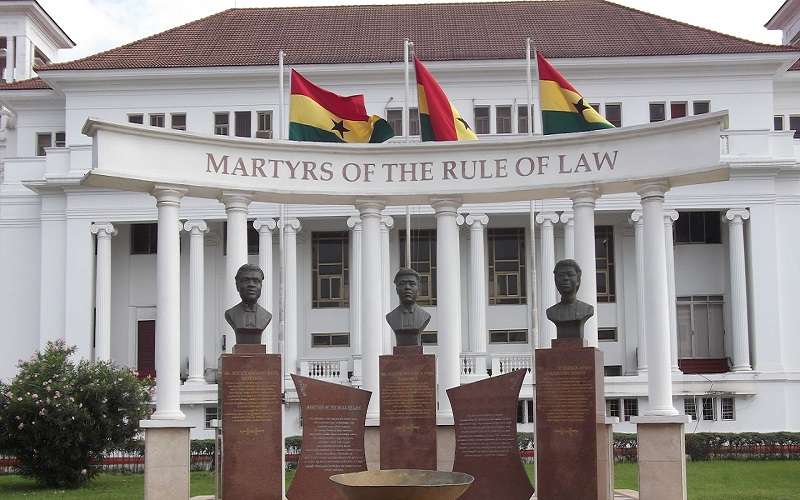
“The pressing question, then, is this: If a breach is established, what remedy must follow? Here again, I express no view as to what path must be travelled.
“Indeed, leaders often fall not because of full-time or part-time or occasional critics, but because of praise zealots who give a clean bill of health to every act of leadership—no matter how unhealthy.”
Richard Dela Sky
Meanwhile, the political fallout is gaining momentum. The opposition New Patriotic Party (NPP) and the parliamentary Minority have accused the President of violating the Constitution by leaving Ghana without appointing a temporary replacement.
The Minority is reportedly preparing to initiate impeachment proceedings against President Mahama.
Yet not all legal minds agree with the Supreme Court’s past rulings. Constitutional expert Professor Stephen Kwaku Asare criticized the Court’s interpretation of Article 60(11), arguing that it wrongly equates “inability” to govern with mere physical absence.
According to him, the clause should apply only in cases of death or serious health incapacity, not travel.
Whether Parliament, the judiciary, or the electorate will ultimately settle this constitutional dispute remains to be seen.
What is clear, however, is that the question of presidency vacancy has once again thrust Ghana’s leadership and legal system into the national spotlight.
READ ALSO: Rubio To Visit Turkey For Possible Russia-Ukraine Talks

